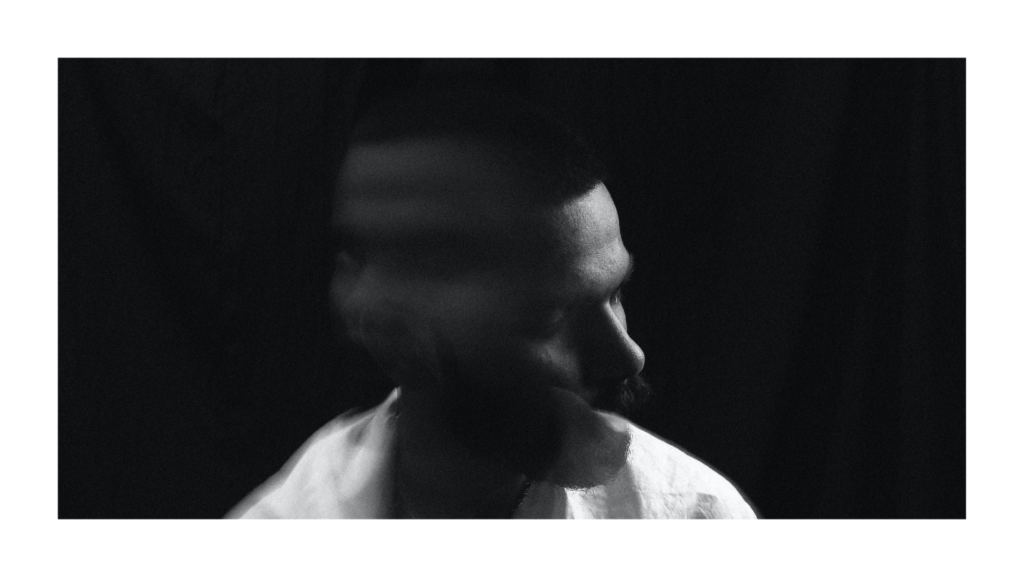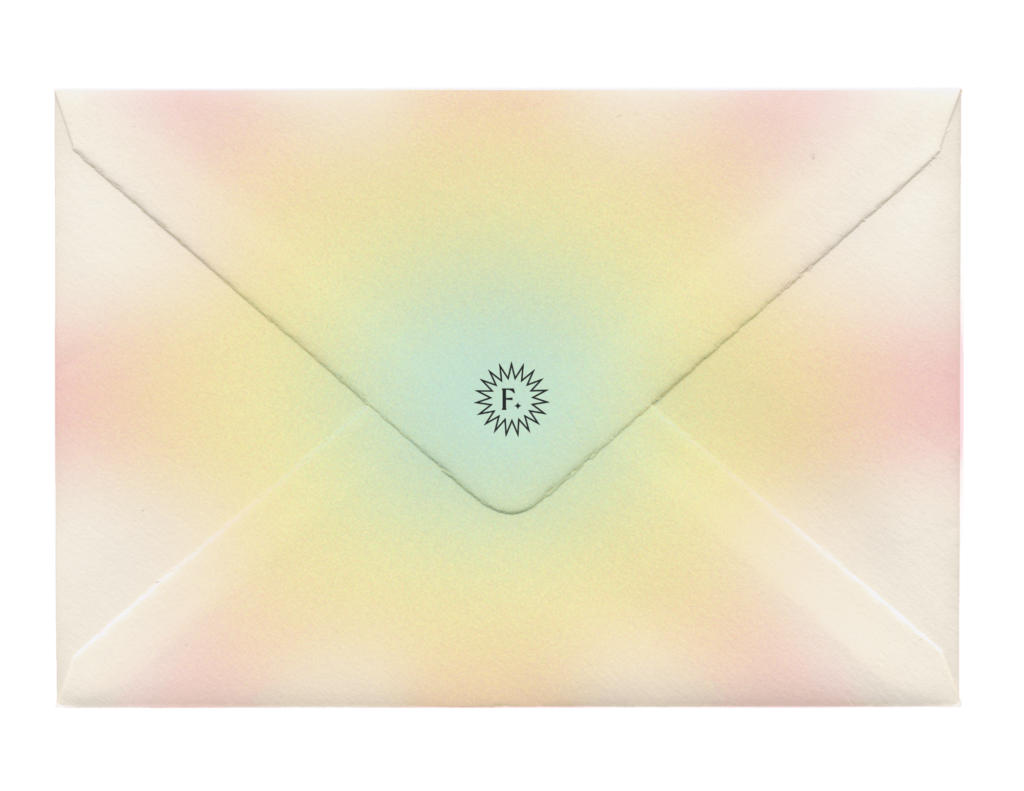If you have experienced or currently are experiencing anxiety you know how overwhelming and pervasive it can feel. You know the feeling of anxiety seeping in silently affecting every area of your life from personal, to work, to friendships, to family dynamics and to romantic relationships. You know that there are moments where your fear can feel so much larger than life and you.
But, did you know that 264 million individuals around the world also experience this? That’s right, let the magnitude of that settle in for a moment. According to The World Health Organization (WHO) 3.6 percent of the world’s population suffers from anxiety, which is equivalent to 1 in every 28 people experiencing anxiety. However, it’s important to keep in mind that this is only an estimate, and the real number of people suffering from anxiety is likely much higher and unreported.
That’s all to say – you are not alone in this and there are many great tools and treatments that can help manage your anxiety. While there are numerous treatment options available in the world of therapy and medication, many people are interested in exploring the healing modalities of mindfulness and meditation. Understanding your anxiety is an important step in effectively managing it, and meditation can be an extremely powerful tool that offers many different styles/techniques.

Understanding Your Anxiety
If you want to manage anxiety effectively, you need to face and understand it first. Think about it, how can you solve a problem, if you don’t know what the problem is or where it lies? When you better understand your anxiety, you are able to make use of healthy coping strategies such as meditation but more on that later. It’s first important to understand that your personal experience with anxiety is complex and unique from the next person. Sometimes, it is difficult to pinpoint where it is coming from exactly which can cause frustration and in turn lead to even more anxiety. So, rather than being hard on yourself for not being able to identify the root cause right away, practice non-judgement (mindfulness) and simply decide to be committed to exploring, learning and understanding yourself and your anxiety better.
One way to do this is journaling and documenting your thoughts, emotions, and experiences related to anxiety. If journaling is not for you, accepting support and speaking to a trusted friend or family member is helpful. Seeking support from a mental health professional may help if you’re struggling to manage your anxiety on your own. This is incredibly beneficial as it provides a safe space to explore your anxiety. When you better understand your anxiety, you can gain deeper awareness into what is going on within the mind, insights into personal patterns, storylines and help to identify persistent triggers. The more you become aware of how anxiety manifests in your life, the more you can separate yourself from it and view it as a life-experience rather than a characteristic of who you are. By doing so, you can reclaim your inner power and begin to change your relationship to anxiety with different tools. It’s a process that takes patience, kindness to self and a lot of effort – it is not always easy but it’s without a doubt it’s rewarding.
Meditation as a Tool for Changing Your Relationship with Anxiety + Techniques
You can change your relationship with anxiety through meditation overtime if you are consistent and intentional in the practice. Meditation is a useful tool in helping you focus on the present moment, increasing your awareness, lowering stress through conscious breath and helping cultivate a sense of calm through activation of the parasympathetic nervous system. (The parasympathetic nervous system is responsible for calming the body and reducing the production of stress hormones) Meditation also increases focus and overall cognitive function which builds mental resilience that can be helpful in facing thoughts of anxiety. There are even physical benefits of meditation for anxiety such as lowering blood pressure, heart rate, and more restful sleep. Meditation asks all who practice to be active observers of their fears, worries and in general – their anxiety. In mediation one is able to see, lean into, breathe into and let go of said feelings that they experience. When you meditate, you learn to notice and accept anxious thoughts and feelings without allowing them to take power over you. There are many different forms of meditation that can be amazing to add to your personal toolbox for managing your anxiety. We’ve listed our favourite techniques and styles below:
Guided Meditation: A useful meditation technique for anxiety because it provides supported structure for the meditator. Most often includes following instructions on how to meditate and prompts points of focus such as breath, body sensations, and what to visualize. This style most often helps quiet the mind and overwhelming feelings of anxiety allowing the person meditating to let go of control, worries and surrender to the experience.
Binaural Beats Meditation: A useful meditation technique for anxiety because it allows for you to experience deep relaxation through the use of two different frequencies in each ear, which can create a subtle pulsing sensation. This is very calming for the meditator.
Body Scan Meditation: A useful meditation technique for anxiety because it brings the meditators focus to each part of the body, locates tension and helps to release it. Body scan can make the meditator aware of the ways in which their anxiety impacts them physically and helps them work through it.
Three Senses Meditation: A useful meditation technique for anxiety because it invites you to simply observe what the senses are sensing at the present moment – sound, sight, and touch. This mediation acts as a way to quickly anchor the meditator back into the now.
Questions:
- What are three things I can hear?
- What are three things I can see?
- What are three things I can feel?
In a world where more and more people are dealing with anxiety and becoming more open about having honest conversations about it, let’s bring the tool of meditation to the table. Let’s approach it from a place of openness, empathy, understanding and unity for everyone. By opening up the conversation about anxiety and meditation, we hope that we can help reduce the stigma surrounding mental health and be a support to anyone who is struggling. You are not your anxiety, and we are proud of you for taking the steps to manage it through self exploration – and maybe even meditation.
Affirmations for Anxiety:
- I am safe
- I am not alone in these feelings
- I am strong and courageous
- I breathe in relaxation, I breathe out tension
- I can and will get through this
- My anxiety does not define me
Suggested Resources
- Unwinding Anxiety By Judson Brewer
- BetterHelp App

Sources
































